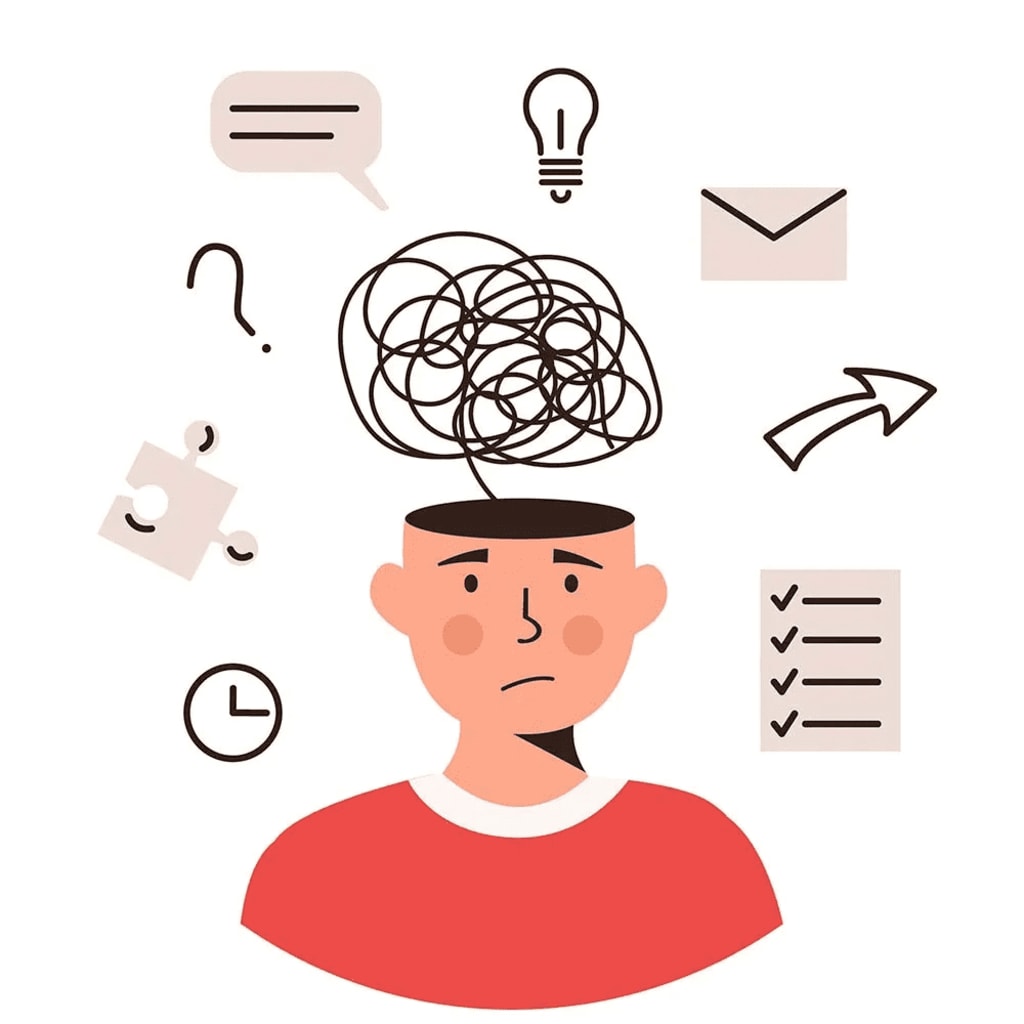Understanding the Link between ADHD and Sleep Disorders
Understanding the Link between ADHD and Sleep Disorders

Attention Deficit Hyperactivity Disorder (ADHD) is a neurodevelopmental disorder characterized by symptoms such as inattention, hyperactivity, and impulsivity. It is estimated that approximately 5-10% of children and 2-5% of adults worldwide are affected by ADHD. While the exact cause of ADHD remains unclear, researchers have discovered a strong link between ADHD and sleep disorders. This article aims to explore the connection between ADHD and sleep disorders, as well as discuss the best ADHD treatment in India.
ADHD and Sleep Disorders: A Complex Relationship
Numerous studies have demonstrated a high prevalence of sleep disorders among individuals with ADHD. Research suggests that up to 70% of children with ADHD experience sleep problems, including difficulty falling asleep, staying asleep, and having restless or fragmented sleep. In adults, the association between ADHD and sleep disorders remains significant, with around 50% reporting sleep-related difficulties.
One possible explanation for this relationship is the shared underlying neurological mechanisms between ADHD and sleep disorders. Both conditions involve dysregulation of certain neurotransmitters, such as dopamine and norepinephrine, which play a crucial role in regulating attention, arousal, and sleep-wake cycles. Consequently, disturbances in these neurotransmitter systems can contribute to both ADHD symptoms and sleep disturbances.
Furthermore, the symptoms of ADHD themselves can disrupt sleep. Hyperactivity and impulsivity can make it difficult for individuals with ADHD to wind down and relax before bedtime. Racing thoughts and an overactive mind can interfere with falling asleep, resulting in delayed sleep onset. Inattention may also lead to poor sleep hygiene, such as irregular sleep schedules and a lack of bedtime routines.
Types of Sleep Disorders Associated with ADHD
Several sleep disorders have been specifically linked to ADHD, further highlighting the intricate relationship between the two conditions. The most common sleep disorders observed in individuals with ADHD include:
Delayed Sleep Phase Syndrome (DSPS): This disorder is characterized by a delay in the timing of the sleep-wake cycle, making it challenging to fall asleep at a desired time and wake up in the morning. People with DSPS often report evening alertness and difficulty waking up early, leading to excessive daytime sleepiness.
Restless Legs Syndrome (RLS): RLS is a condition characterized by an irresistible urge to move the legs, typically accompanied by uncomfortable sensations. The symptoms are usually worse at night, leading to difficulty falling asleep and fragmented sleep.
Periodic Limb Movement Disorder (PLMD): PLMD involves repetitive leg movements during sleep, causing brief awakenings and arousals throughout the night. As a result, individuals with PLMD may experience fragmented sleep, daytime sleepiness, and impaired cognitive functioning.
Sleep-Disordered Breathing (SDB): SDB encompasses conditions such as snoring and obstructive sleep apnea (OSA). People with SDB may experience interrupted breathing during sleep, leading to recurrent awakenings, reduced sleep quality, and excessive daytime sleepiness.
Best ADHD Treatment in India
Addressing both ADHD and sleep disorders is crucial to improving the overall well-being and quality of life for individuals affected by these conditions. In India, a comprehensive approach to ADHD treatment typically involves a combination of behavioral interventions, psychoeducation, and medication, as well as targeted strategies to manage sleep-related difficulties.
Behavioral Interventions: Behavioral therapies are considered a first-line treatment for ADHD in India. These interventions focus on improving organization skills, time management, and problem-solving abilities. Additionally, strategies to establish consistent sleep routines, such as setting regular bedtimes and creating a calming bedtime routine, can significantly benefit individuals with ADHD and sleep disorders.
Medication: Medication is often prescribed to manage the core symptoms of ADHD, including inattention, hyperactivity, and impulsivity. Commonly prescribed medications include stimulants (such as methylphenidate) and non-stimulants (such as atomoxetine). It is important to consult a qualified healthcare professional to determine the most suitable medication and dosage for each individual.
Sleep Management Strategies: Addressing sleep disorders alongside ADHD treatment is essential. Cognitive-behavioral therapy for insomnia (CBT-I) is an evidence-based approach that focuses on identifying and modifying maladaptive sleep behaviors and thoughts. CBT-I can help individuals develop healthier sleep habits and improve sleep quality.
Lifestyle Modifications: Certain lifestyle changes can support better sleep hygiene for individuals with ADHD. Regular physical exercise, avoiding stimulating activities close to bedtime, and creating a sleep-friendly environment (e.g., minimizing noise and light, maintaining a comfortable temperature) can contribute to improved sleep quality.
Collaborative Approach: The best ADHD treatment in India involves a collaborative effort between healthcare professionals, parents, teachers, and individuals themselves. Open communication and cooperation among all stakeholders can lead to better treatment outcomes and support individuals in managing their ADHD symptoms and sleep-related difficulties effectively.
Conclusion
Understanding the link between ADHD and sleep disorders is crucial for providing comprehensive and effective treatment. The shared neurological mechanisms and symptoms of these conditions contribute to their complex relationship. Recognizing and addressing sleep disturbances alongside ADHD management is essential for improving overall functioning and well-being. Through a combination of behavioral interventions, medication, and targeted sleep management strategies, individuals with ADHD can receive the support they need to thrive. For the best ADHD treatment in India, it is advisable to consult with healthcare professionals who specialize in ADHD and sleep disorders to develop a personalized treatment plan.





Comments
There are no comments for this story
Be the first to respond and start the conversation.